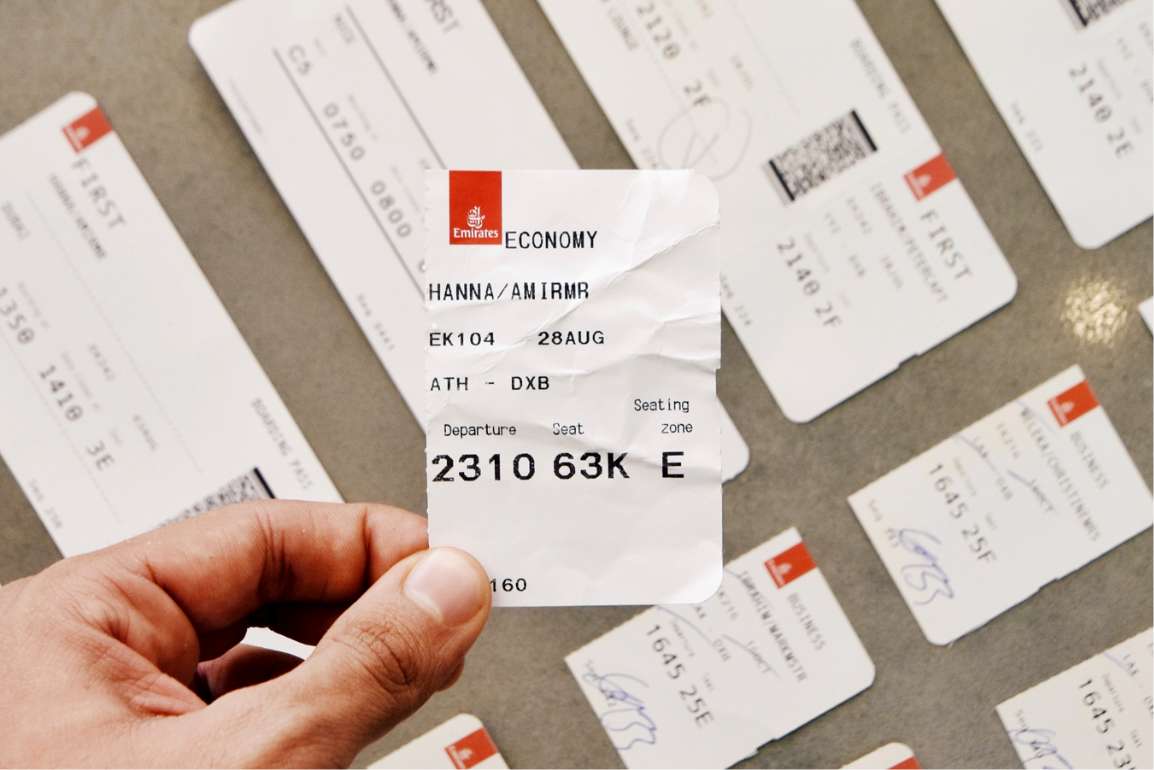Postponement of the departure time as a cancellation? ECJ judgment of 21.12.2021 – C-395/20 (Corendon Airlines)
Article 2(l) and Article 5(1) of Regulation (EC) No 261/2004 of the European Parliament and of the Council of 11 February 2004 establishing common rules on compensation and assistance to passengers in the event of denied boarding and cancellation or long delay of flights and repealing Regulation (EEC) No 295/91 must be interpreted that a flight cannot be considered ‘cancelled’ within the meaning of these provisions if the operating air carrier postpones its departure time by less than three hours without any other change to the flight.
Circumstance
The passengers concerned booked a package tour via the “Check24” internet platform. Your booking has been confirmed by Corendon Airlines, the operating air carrier, for a flight scheduled to depart from Düsseldorf (Germany) to Antalya (Turkey) on 18 May 2019 with a scheduled departure time at 1.20 p.m. and a scheduled arrival time of the same day at 5.50 p.m.
As a result, Corendon Airlines postponed this flight while retaining the flight number and set the new departure time at 4.10 pm and the new arrival time at 8.40 pm on 18 May 2019; it informed the passengers concerned of this nine days before the start of the flight. The changed flight was delayed; the departure took place at 17:02 and the landing at 21:30 on May 18, 2019.
The passengers concerned requested compensation from Corendon Airlines of EUR 400 each under Article 5(1)(.c) and Article 7(1)(.b) of Regulation No 261/2004.
Decision
The ECJ notes at the outset that the term ‘cancellation’ is defined in Article 2(l) of Regulation No 261/2004 as ‘the non-performance of a planned flight for which at least one seat was reserved’.
The term ‘flight’ is not defined in the regulation. However, according to settled case-law, a flight consists of an ‘air carriage operation which, to a certain extent, constitutes a ‘unit’ of that transport carried out by an air carrier which determines the corresponding route’ (judgment of 4 July 2018, Wirth and Others, C-532/17, EU:C:2018:527, paragraph 19).
Moreover , the Court has held that cancelled and delayed flights constitute two clearly separate categories of flights. It cannot therefore be inferred from that regulation that a delayed flight may be classified as a ‘cancelled flight’ solely because the delay, even significant, took longer (judgment of 19 November 2009, Sturgeon and Others, C-402/07 and C-432/07, EU:C:2009:716, paragraph 33).
Therefore, where passengers are carried on a flight whose departure time is delayed compared to the originally scheduled departure time, the flight can be considered ‘cancelled’ only if the air carrier carries the passengers on another flight whose original schedule differs from that of the flight originally scheduled (judgment of 19 November 2009, Sturgeon and Others, C-402/07 and C 432/07, EU:C:2009:716, paragraph 35).
The fact that the passengers concerned were notified of the change in departure time several days in advance does not in itself affect the distinction between the terms ‘delay’ and ‘cancellation’.
It would be contrary to the traditional meaning of the terms in Regulation No 261/2004 and its scheme to consider that a postponement of an otherwise unchanged flight by less than three hours, announced several days in advance, constitutes a ‘cancellation’ within the meaning of Article 2(l) of that regulation.
Note
On the same day, the ECJ ruled in a judgment of 21.12.2021 – C-263/20 (Airhelp) that bringing forward a planned flight by one hour was to be equated with a cancellation. A postponement of the flight by less than 3 hours, on the other hand, is not to be equated with a cancellation.
The reasoning of the ECJ is to be agreed. Delays and cancellations are categories that can be clearly separated from each other. According to previous case law of the ECJ, the equal treatment of a long delay with a cancellation does not depend on an announcement of a delay, but on the actual arrival delay. However, this should also mean that in the case of short-term flight time changes (< 14 days), the originally planned flight time and not the changed flight time is decisive for the calculation of an arrival delay.



